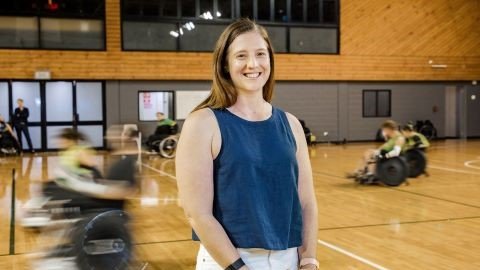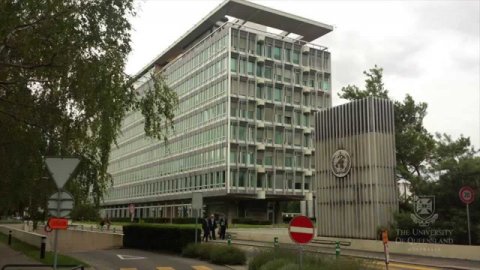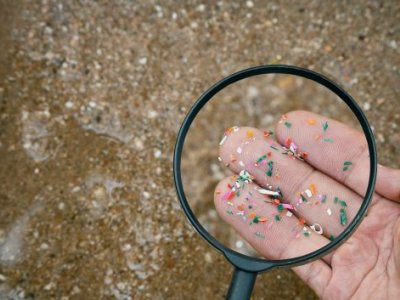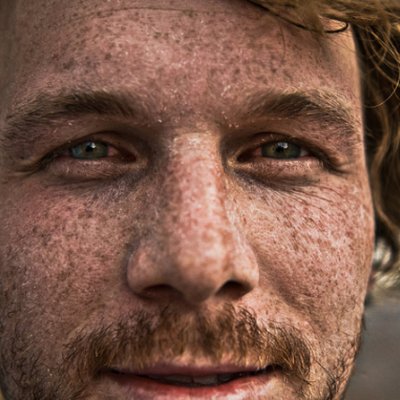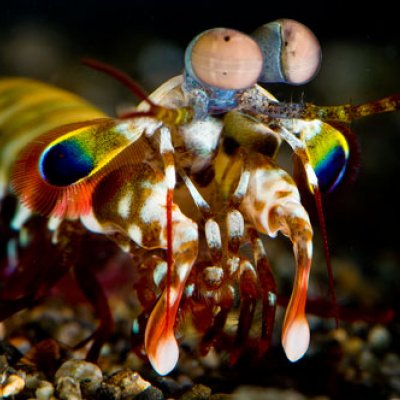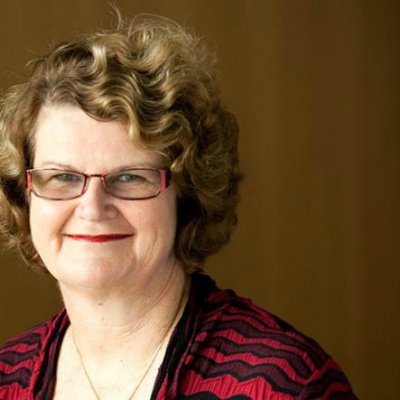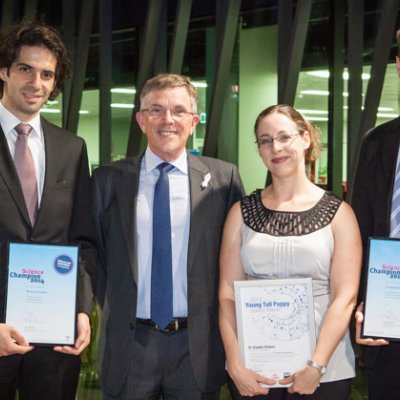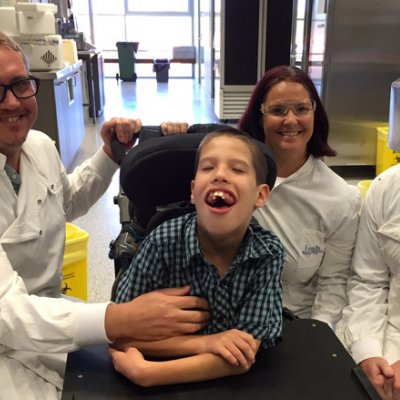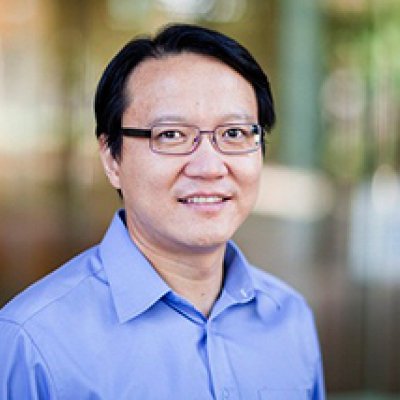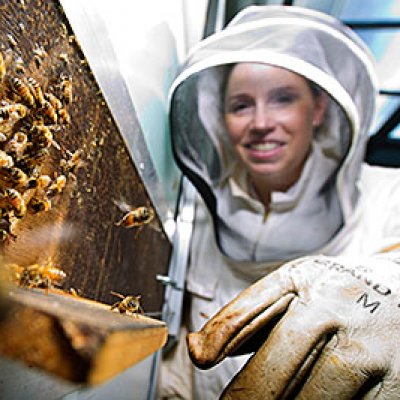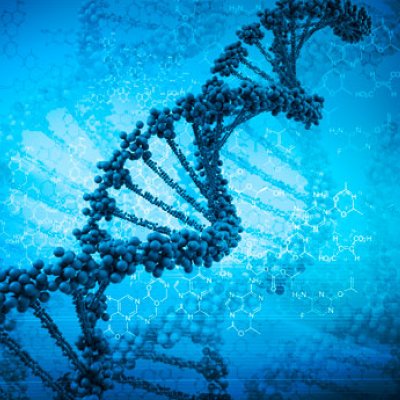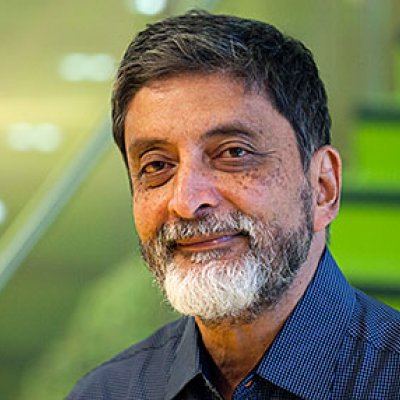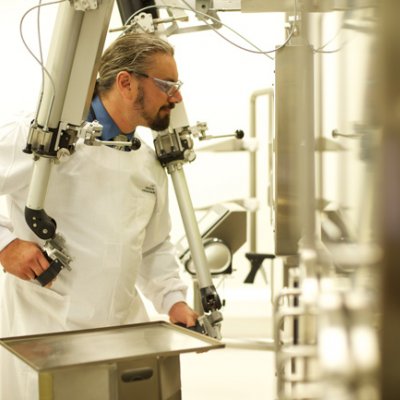Growing obesity levels are increasing the burden of cancers throughout the world, say University of Queensland researchers.
8 December 2014The earlier you find a cancerous mole, the easier the treatment and the better the outcomes. But it’s not easy distinguishing between harmless, benign moles and those that warrant further attention.
5 December 2014Mantis shrimp eyes are inspiring the design of new cameras that can detect a variety of cancers and visualise brain activity.
5 December 2014We tend to notice mucous only when it’s abnormal and the sticky fluid is expelled from orifices. But actually it’s pretty amazing stuff. Every moment of our lives mucus is protecting our internal organs, including the sexual organs and bowels. Here...
1 December 2014Death – our own, a friend’s, a family member’s – will arrive sooner or later, and when it does, we are forced to confront it, whether we like it or not …
27 November 2014A leading University of Queensland researcher has been awarded the prestigious Robin Tavistock Award in recognition of her outstanding contribution to the field of the language disorder aphasia.
27 November 2014Three University of Queensland scientists were honoured at an awards ceremony in Brisbane tonight.
25 November 2014Queensland researchers have led an international effort to uncover the gene behind a young Brisbane boy’s rare developmental condition, in a discovery his family hopes will pave the way for future treatments.
25 November 2014One of UQ’s leading materials science experts, Professor Chengzhong (Michael) Yu, has been awarded a high-profile prize from the Australian Academy of Science.
24 November 2014University of Queensland scientists have discovered that genes switch off as memories are being formed, allowing for new connections between nerve cells. The discovery could eventually lead to a key for treating conditions such as autism and...
21 November 2014It’s now late spring, with summer just around the corner, and many people with hay fever suffer at this time of year in Australia. Although the cause of this suffering is invisible to us, it is actually all around us — plant pollen floating in the...
20 November 2014New treatments that target the underlying cause of cancer may be on the horizon, thanks to a University of Queensland clinical trial.
19 November 2014Three million Australian adults – 15 per cent of the population – struggle through spring and summer with watery eyes, running nose, itchy throat and the hallmark hay fever symptom, sneezing.
17 November 2014A University of Queensland researcher’s respected career designing unmanned aerial vehicles based on biologically inspired systems has seen him elected onto the Australian Academy of Science Council.
17 November 2014The University of Queensland’s Centre for Advanced Imaging has received a $2.5 million grant from the Australian Cancer Research Foundation to harness the power of molecular imaging to detect, characterise and monitor cancer.
17 November 2014- ‹ newer articles
- 98 of 119
- older articles ›
